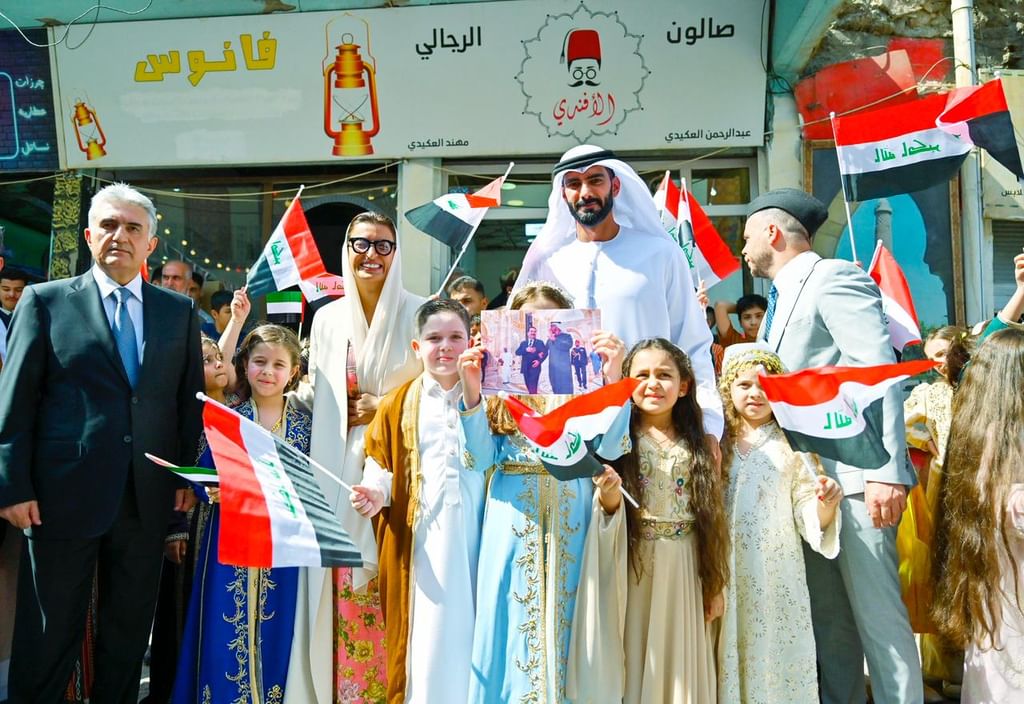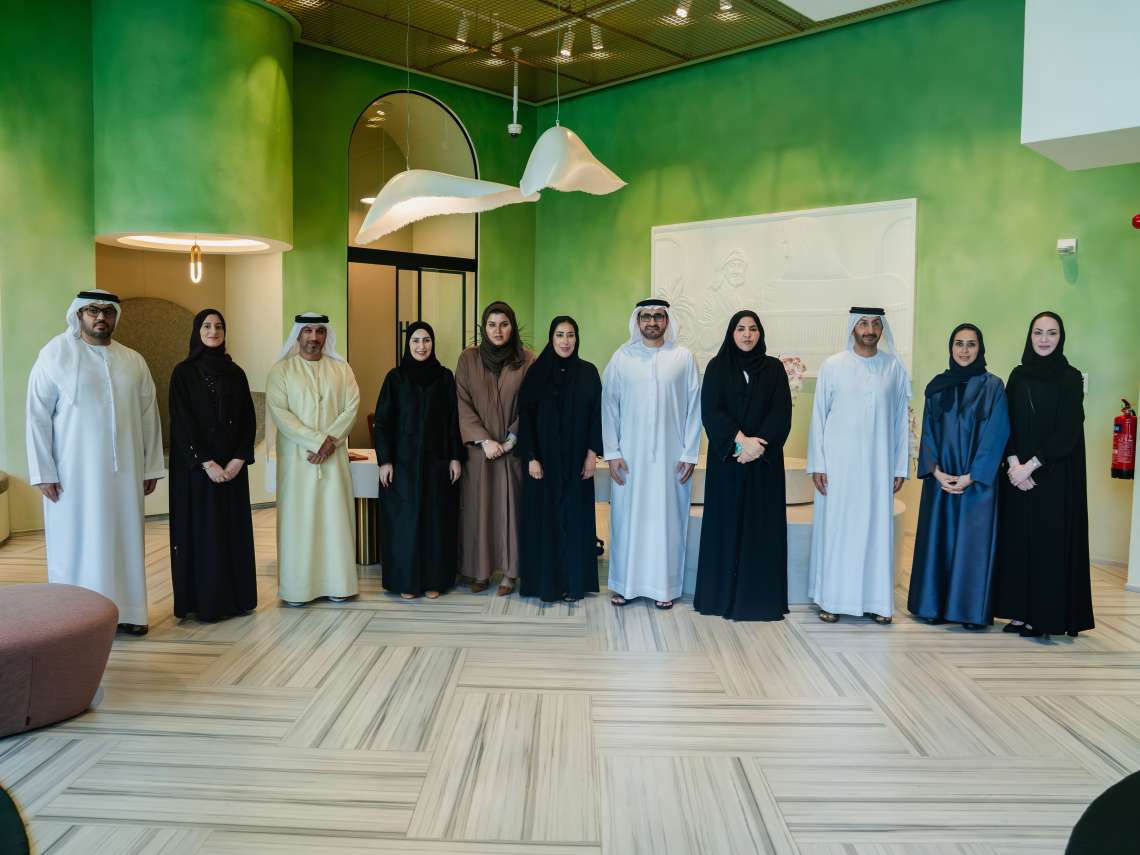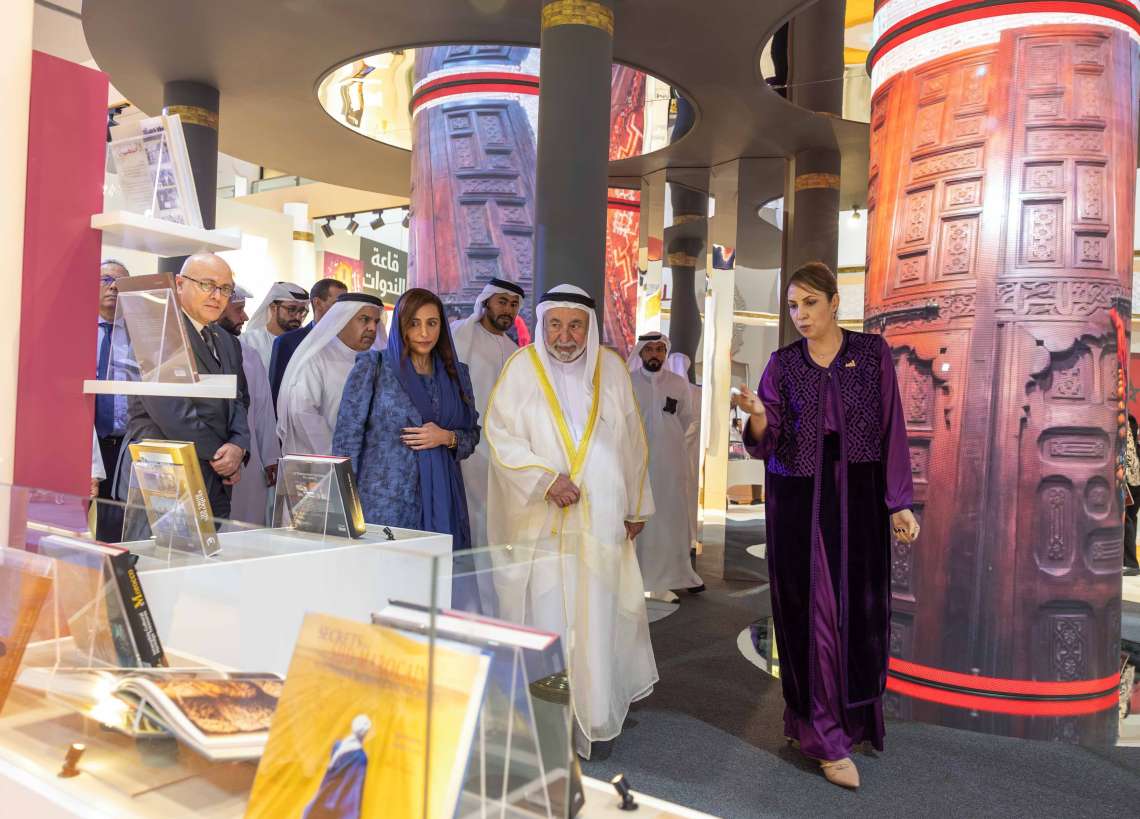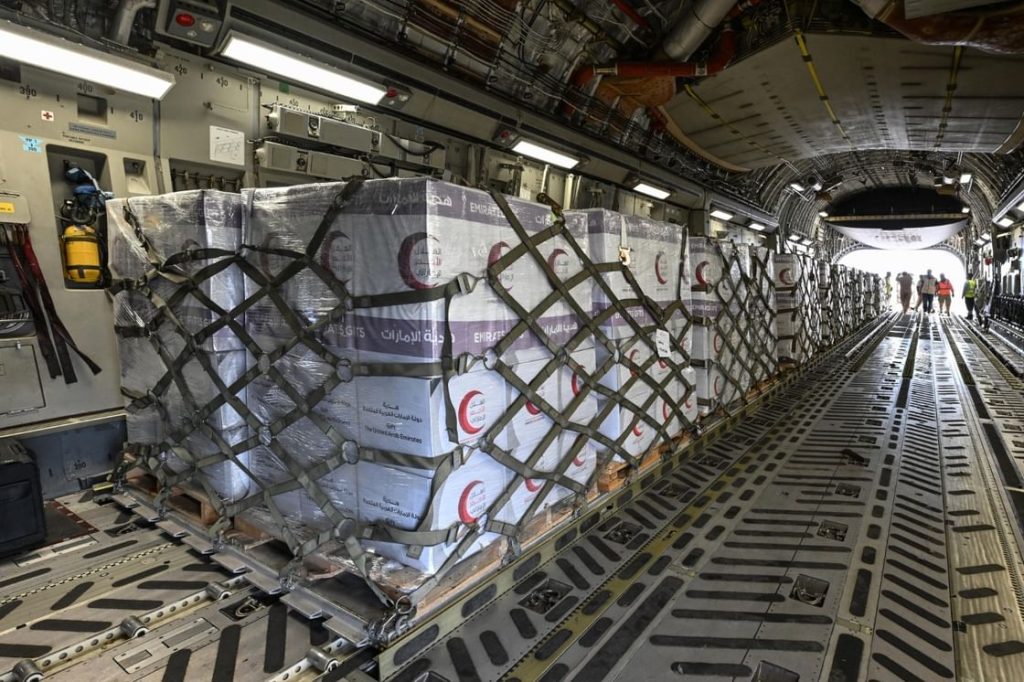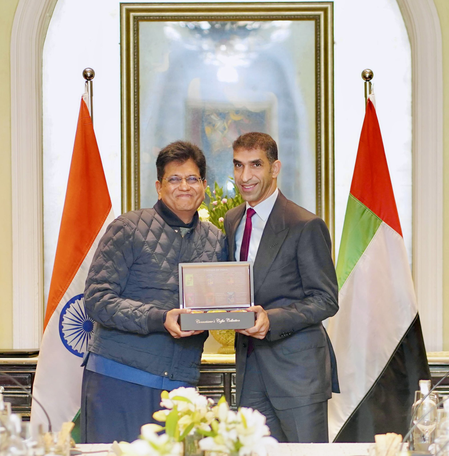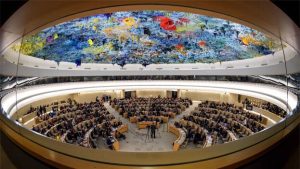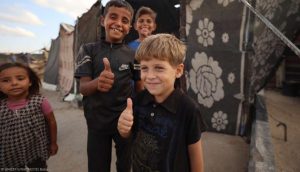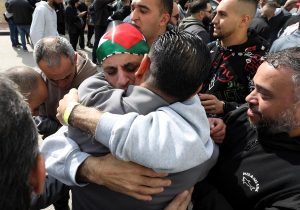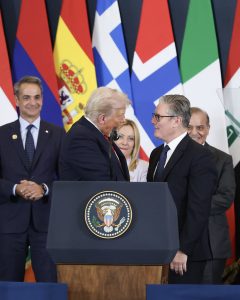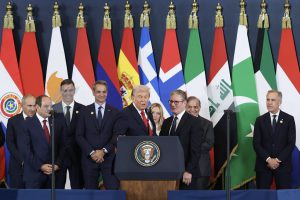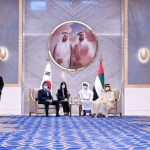The UAE, UNESCO, and EU reopen Mosul’s restored cultural landmarks, turning ruins of war into a global symbol of resilience, coexistence, and shared human heritage….reports Asian Lite News
In a landmark ceremony symbolising both resilience and rebirth, the United Arab Emirates, in partnership with UNESCO and the European Union, marked the official reopening of several reconstructed cultural and heritage sites in the historic Iraqi city of Mosul.
The event, held in the presence of Iraqi Prime Minister Mohammed Shia’ Al Sudani, showcased the successful culmination of years of work under the “Revive the Spirit of Mosul” initiative, which aims to restore some of the city’s most iconic landmarks devastated during years of conflict and extremism.
The UAE delegation was led by Noura bint Mohammed Al Kaabi, Minister of State, and Sheikh Salem bin Khalid Al Qassimi, Minister of Culture. The gathering was attended by senior Iraqi officials, ministers, and UNESCO representatives, all united in reaffirming the global importance of protecting cultural heritage.
Al Kaabi, in her remarks, expressed her deep gratitude to the Iraqi government and UNESCO for their collaboration and stressed that the UAE’s role was not just about rebuilding structures but reviving memory, culture, and hope.
“Since signing the agreement with Iraq and UNESCO to take part in the ‘Revive the Spirit of Mosul’ initiative, the UAE has remained committed to restoring the Great Mosque of Al-Nuri, its Al-Hadba Minaret, and the Al-Tahera and Al-Sa’aa churches. Our vision has been to safeguard Mosul’s memory and identity,” she said. “When the minaret rose again, it was not merely an architectural achievement, but a declaration that Mosul’s voice is stronger than those who sought to silence it.”
Al Kaabi noted that under the directives of President His Highness Sheikh Mohamed bin Zayed Al Nahyan, the UAE viewed the reconstruction effort as an international responsibility. She underlined that the project was not only about cultural restoration but also about helping the people of Mosul reclaim their identity and future.
Sheikh Salem bin Khalid Al Qassimi echoed this sentiment, describing the initiative as a leading model of international collaboration in heritage preservation. He stressed that culture has the power to promote coexistence, recovery, and healing in communities fractured by war.
“The ‘Revive the Spirit of Mosul’ project is not just about restoring landmarks; it is about rebuilding lives. Alongside reconstruction, the project also included training and education programmes designed to empower the local community and ensure they remain the custodians of their heritage,” Sheikh Salem said.
The UAE has contributed $50.4 million to the reconstruction, while the European Union added $48.2 million, alongside support from the international community. These funds have gone towards rebuilding Mosul’s historic urban fabric, including mosques, churches, and key cultural spaces.
According to UNESCO, the initiative also prioritised skills development for young Iraqis, ensuring that the revival of Mosul is not only about restoring stones but also creating opportunities for the future. By engaging the community, the initiative fosters long-term ownership and pride among locals.
For Mosul, a city that bore the brunt of occupation and destruction, the restoration of its architectural icons carries immense symbolic weight. The Great Mosque of Al-Nuri, with its famed leaning Al-Hadba Minaret, and the churches of Al-Tahera and Al-Sa’aa, all stand as emblems of a shared cultural identity that extremists once tried to erase. Their revival signals not only the endurance of Iraq’s heritage but also a commitment by the international community to protect culture against the threats of war and extremism.
Noura Al Kaabi closed her remarks by noting that Mosul’s rebirth demonstrates the universal significance of safeguarding cultural heritage. “It is a moral and humanitarian duty,” she said, “to ensure that future generations inherit not only physical monuments but the spirit of resilience, unity, and coexistence they represent.”
The ceremony, attended by dignitaries including UAE Ambassador to Iraq Abdulla Matar Al Mazrouei and UAE’s Permanent Delegate to UNESCO Ali Al Haj, highlighted the UAE’s growing role in cultural diplomacy and its global commitment to preserving human heritage.
For the people of Mosul, these restored landmarks are more than just buildings. They are symbols of hope, resilience, and the enduring spirit of a city determined to reclaim its place as a beacon of civilisation.

